Home>Garden Essentials>How Long Does A Seed Take To Sprout
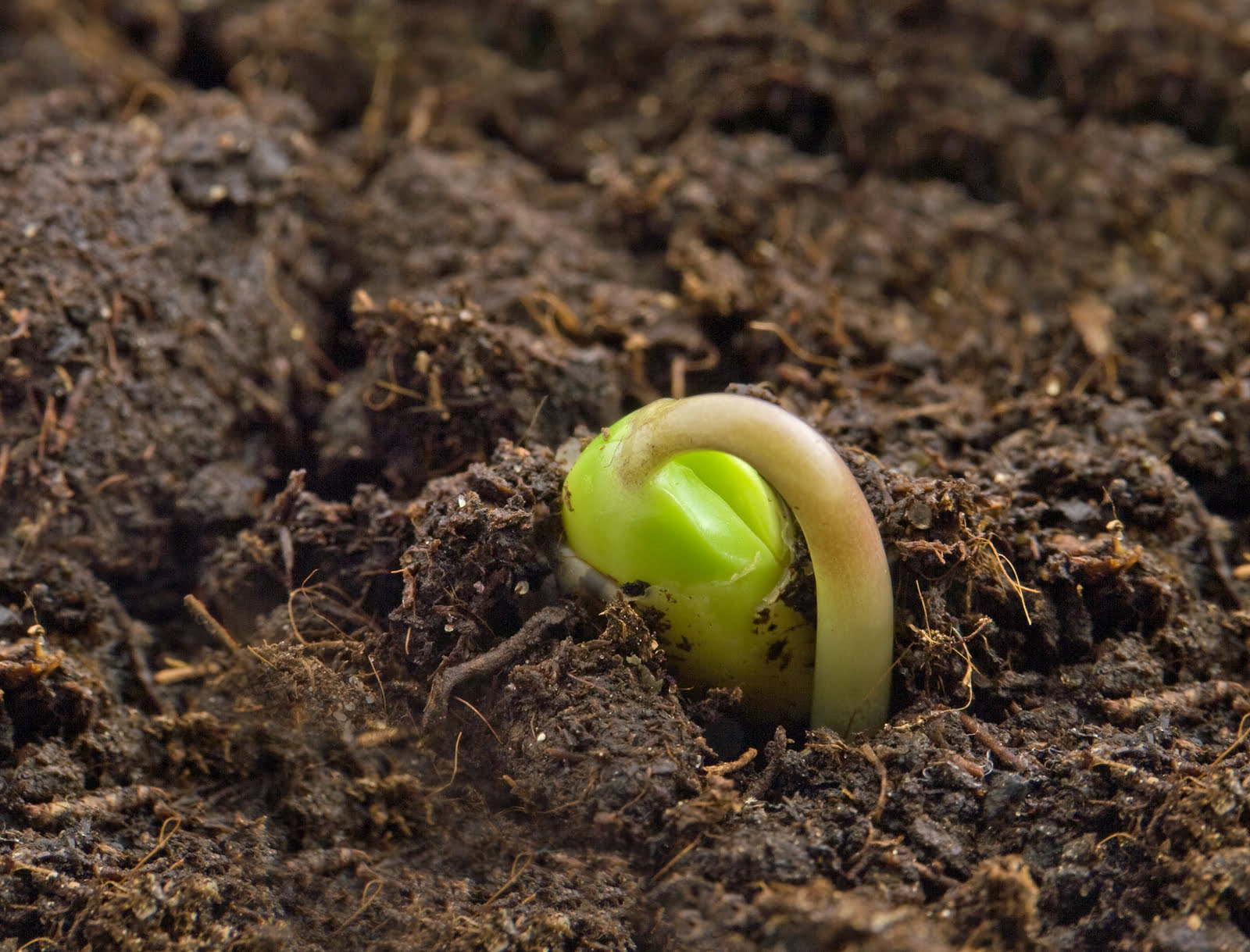

Garden Essentials
How Long Does A Seed Take To Sprout
Modified: October 18, 2024
Learn how long it takes for a garden seed to sprout, from planting to germination. Discover the factors that affect seed growth and get tips for a successful garden.
(Many of the links in this article redirect to a specific reviewed product. Your purchase of these products through affiliate links helps to generate commission for Storables.com, at no extra cost. Learn more)
Introduction
Welcome to the fascinating world of seed germination! Have you ever wondered how those tiny seeds you plant in your garden transform into thriving plants? The process of seed germination is truly magical and plays a crucial role in the growth and development of a plant. Understanding the factors that affect seed germination and the time it takes for a seed to sprout is essential for every avid gardener.
Seed germination refers to the awakening of a seed from a state of dormancy, leading to the emergence of the embryonic plant. It is a complex process influenced by various internal and external factors. By unraveling the mysteries of seed germination, we can gain insight into how to optimize the germination process and achieve successful gardening outcomes.
In this article, we will explore the factors that affect seed germination, delve into the germination time for common seeds, uncover the role of environmental factors in germination, and provide valuable tips to help you expedite seed sprouting. So let’s dive in and unlock the secrets of seed germination.
Key Takeaways:
- Seed germination is influenced by factors like water, temperature, light, and oxygen. Understanding and manipulating these factors can help gardeners create optimal conditions for successful sprouting.
- Different seeds have varying germination times. Lettuce seeds sprout quickly, while tomato and zinnia seeds take longer. Providing optimal conditions and regular monitoring ensures successful germination.
Read more: How Long Does It Take Chia Seeds To Sprout
Factors Affecting Seed Germination
Seed germination is influenced by a variety of factors, both internal and external. Understanding these factors can help gardeners create optimal conditions for successful germination. Let’s explore some of the key factors affecting seed germination:
- Water: Adequate water availability is vital for seed germination. Seeds require moisture to absorb and activate the enzymes necessary for the germination process. Dry conditions can inhibit or delay germination, while excessively wet conditions can lead to rotting or fungal infections. Maintaining a balance is essential.
- Temperature: Temperature plays a crucial role in seed germination. Each plant species has an optimal temperature range for germination. Some seeds germinate better in cooler temperatures, while others prefer warmer conditions. It is important to know the specific temperature requirements for the seeds you are sowing.
- Light: Light is another factor that influences seed germination. While some seeds require light to trigger germination, others need darkness. The light requirement varies depending on the plant species. Seeds that require light are typically surface-sown, while seeds that need darkness should be buried deeper in the soil.
- Oxygen: Like all living organisms, seeds require oxygen for respiration. Oxygen is essential for the energy needed to break down stored nutrients within the seed and fuel the germination process. Proper soil aeration is vital to ensure that seeds receive adequate oxygen for successful germination.
- Seed Quality: The quality of seeds also influences germination. Using high-quality seeds obtained from reputable sources increases the chances of successful germination. Seeds that are old, damaged, or stored improperly may have lower viability and germination rates.
- Seed Coat Hardness: The hardness or thickness of the seed coat can affect germination. Some seeds have hard outer coats that need to be scarified (scratched or nicked) to allow water to penetrate and trigger germination. Seed coat hardness can vary between plant species.
By understanding and manipulating these factors, gardeners can create optimal conditions for seed germination, ensuring higher success rates and healthier plants in their gardens.
Germination Time for Common Seeds
When it comes to seed germination, different plant species have varying germination times. Some seeds germinate quickly, while others take longer to sprout. Understanding the germination times for common seeds will help you plan and manage your garden effectively. Let’s take a look at the germination times for some popular seeds:
- Lettuce Seeds: Lettuce seeds are known for their relatively short germination time. On average, lettuce seeds can sprout within 7 to 10 days after planting, making them a popular choice for gardeners who want quick results.
- Tomato Seeds: Tomato seeds are known for their longer germination time. Depending on the variety, tomatoes can take anywhere from 7 to 14 days to germinate. Providing consistent warmth, moisture, and proper lighting will help speed up the germination process.
- Carrot Seeds: Carrot seeds have a variable germination time. On average, carrot seeds take approximately 14 to 21 days to sprout. It is important to ensure that the soil remains consistently moist during germination to promote successful sprouting.
- Bean Seeds: Bean seeds are typically quick to germinate. Depending on the variety, bean seeds can sprout within 7 to 10 days after planting. They prefer warmer soil temperatures, so planting them when the soil has warmed up in spring will accelerate the germination process.
- Cucumber Seeds: Cucumber seeds are known for their relatively fast germination time. They can sprout within 7 to 10 days. Providing warm soil temperatures and consistent moisture will help speed up the germination process for cucumber seeds.
- Zinnia Seeds: Zinnia seeds, popular for their vibrant flowers, have a longer germination time compared to some other seeds. They can take around 10 to 14 days to germinate. Starting zinnia seeds indoors and providing them with a warm and well-lit environment can help speed up germination.
It is important to note that germination times can vary depending on various factors such as temperature, moisture, and seed quality. Providing optimal conditions and regular monitoring will ensure successful germination and healthy plant growth.
The time it takes for a seed to sprout depends on the type of plant. Some seeds can sprout in just a few days, while others may take weeks or even months. Factors like temperature, moisture, and soil quality also play a role in the sprouting process.
Environmental Factors and Germination
Environmental factors play a significant role in seed germination. Seeds require specific conditions to initiate and complete the germination process successfully. Let’s explore some key environmental factors that influence germination:
- Temperature: Temperature is a critical factor in seed germination. Different plant species have different temperature requirements for germination. Some seeds prefer cooler temperatures, while others thrive in warmer conditions. Providing the optimal temperature range for the specific seeds you are planting is essential to encourage germination.
- Moisture: Adequate moisture is crucial for seed germination. Seeds rely on moisture to absorb and activate enzymes that initiate growth. Insufficient moisture can hinder or delay germination, while excess water can lead to rotting or fungal diseases. Maintaining the right balance of moisture is essential for successful sprouting.
- Light: Light is an environmental factor that affects seed germination differently depending on the plant species. Some seeds, known as photoblastic seeds, require light to initiate germination. Others, known as scotoblastic seeds, require darkness to sprout. Properly understanding the light requirements for the seeds you are planting is crucial for successful germination.
- Air and Oxygen: Seeds need oxygen to undergo respiration, enabling the breakdown of stored nutrients for growth. Adequate air circulation in the soil is essential to ensure a continuous supply of oxygen to the seeds. Soil compaction or waterlogged conditions can restrict oxygen availability, hindering germination.
- Soil Quality: The quality of the soil directly impacts seed germination. Well-draining soil that retains moisture without becoming waterlogged is ideal for most seeds. Additionally, nutrient-rich soil provides the necessary elements for seedling development. Testing and improving soil quality before planting seeds can significantly improve germination rates.
By understanding the environmental factors that influence seed germination, gardeners can create the optimal conditions necessary for successful sprouting. Monitoring and adjusting these factors as needed will help ensure healthy and robust plant growth.
Tips for Faster Seed Sprouting
As a gardener, you may be eager to see your seeds sprout and grow into healthy plants. While the germination time can vary for different seeds, there are several tips you can follow to help speed up the seed sprouting process. Here are some useful tips:
- Pre-soak the Seeds: Pre-soaking certain seeds before planting can help soften the seed coat and promote faster germination. Soak the seeds in water for a few hours or overnight, depending on the seed type. This process helps moisture penetrate the seed coat, triggering germination.
- Use Seed Starting Mix: Using a specialized seed starting mix can provide optimal conditions for germination. These mixes are lightweight, well-draining, and nutrient-rich, creating a favorable environment for seed sprouting. Avoid using heavy or compacted soil, which can impede germination.
- Provide Optimal Temperature: Maintaining the ideal temperature for seed germination is crucial. Research the specific temperature requirements for the seeds you are planting and provide them with the appropriate conditions. Using heating mats or placing seeds in a warm location can help expedite germination.
- Ensure Adequate Moisture: Proper moisture is critical for seed sprouting. Check the moisture levels regularly and ensure the soil remains consistently moist, but not waterlogged. Mist the topsoil gently to prevent it from drying out. Covering the pots or trays with plastic wrap can help retain moisture and create a greenhouse effect.
- Provide Sufficient Light: Light is important for the germination of some seeds. Place light-requiring seeds near a sunny window or under grow lights. For seeds that require darkness, cover them with a layer of soil or a blackout cloth until they sprout.
- Practice Proper Seed Depth: Plant seeds at the appropriate depth. Most seeds need to be covered with soil at a depth equal to two to three times the seed’s size. Planting too deep or too shallow can affect germination. Follow the instructions on the seed packet for the recommended planting depth for each seed variety.
- Keep a Consistent Environment: Fluctuating environmental conditions can disrupt germination. Maintain a consistent temperature, light, and moisture levels throughout the germination period. Avoid moving or disturbing the seeds excessively, as this can affect their ability to sprout.
By following these tips, you can create optimal conditions for faster seed sprouting. However, it is important to remember that each plant species has its unique germination requirements, so be sure to research the specific needs of the seeds you are planting. With careful attention and proper care, you’ll soon witness the joy of seeing those tiny seeds transform into thriving plants in your garden.
Conclusion
Gardening is a rewarding and fulfilling hobby, and understanding the process of seed germination is crucial for successful plant growth. By exploring the factors affecting seed germination, the germination times for common seeds, the role of environmental factors, and tips for faster seed sprouting, you are equipped with valuable knowledge to optimize your gardening experience.
Factors such as water, temperature, light, oxygen, seed quality, and seed coat hardness all play a role in seed germination. By providing the right conditions for each factor, you can increase the chances of successful sprouting and healthy plant growth.
Additionally, being aware of the germination times for common seeds allows you to plan and manage your garden effectively. Some seeds germinate quickly, while others take longer. Knowing the specific germination times for the seeds you are planting helps set realistic expectations and allows you to plan your gardening tasks accordingly.
Environmental factors, including temperature, moisture, light, air, and soil quality, greatly impact seed germination. By providing the optimal conditions for each factor, you can create an environment conducive to successful sprouting and robust plant growth.
To speed up seed sprouting, you can utilize techniques such as pre-soaking seeds, using a seed starting mix, providing optimal temperature and moisture, ensuring sufficient light, planting seeds at the right depth, and maintaining a consistent environment. These techniques can help expedite the germination process, leading to quicker sprouting and healthier plants.
In conclusion, by understanding the factors and techniques that influence seed germination, you can enhance your gardening skills and maximize the success of your garden. Remember to research the specific needs of each plant species and provide the necessary care and attention throughout the germination process. Happy gardening and may your seeds sprout into a bountiful garden full of beauty and joy!
Frequently Asked Questions about How Long Does A Seed Take To Sprout
Was this page helpful?
At Storables.com, we guarantee accurate and reliable information. Our content, validated by Expert Board Contributors, is crafted following stringent Editorial Policies. We're committed to providing you with well-researched, expert-backed insights for all your informational needs.
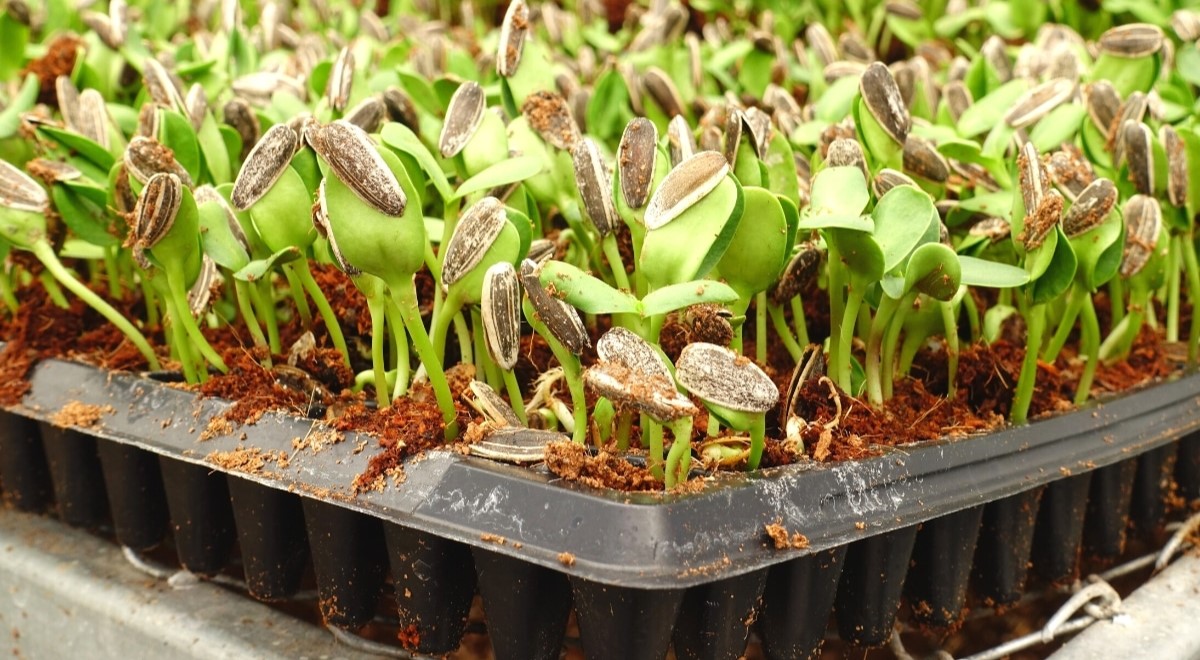
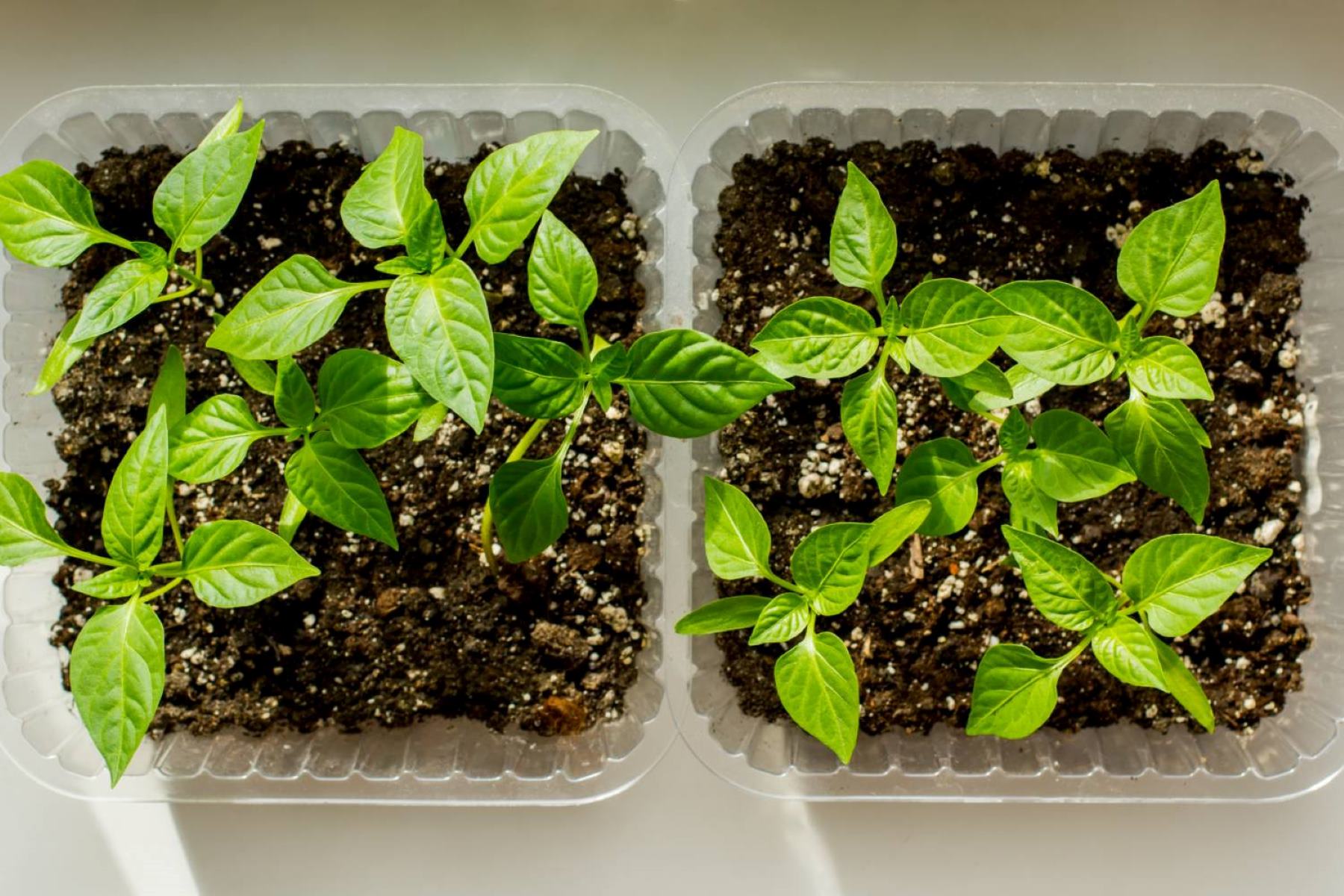
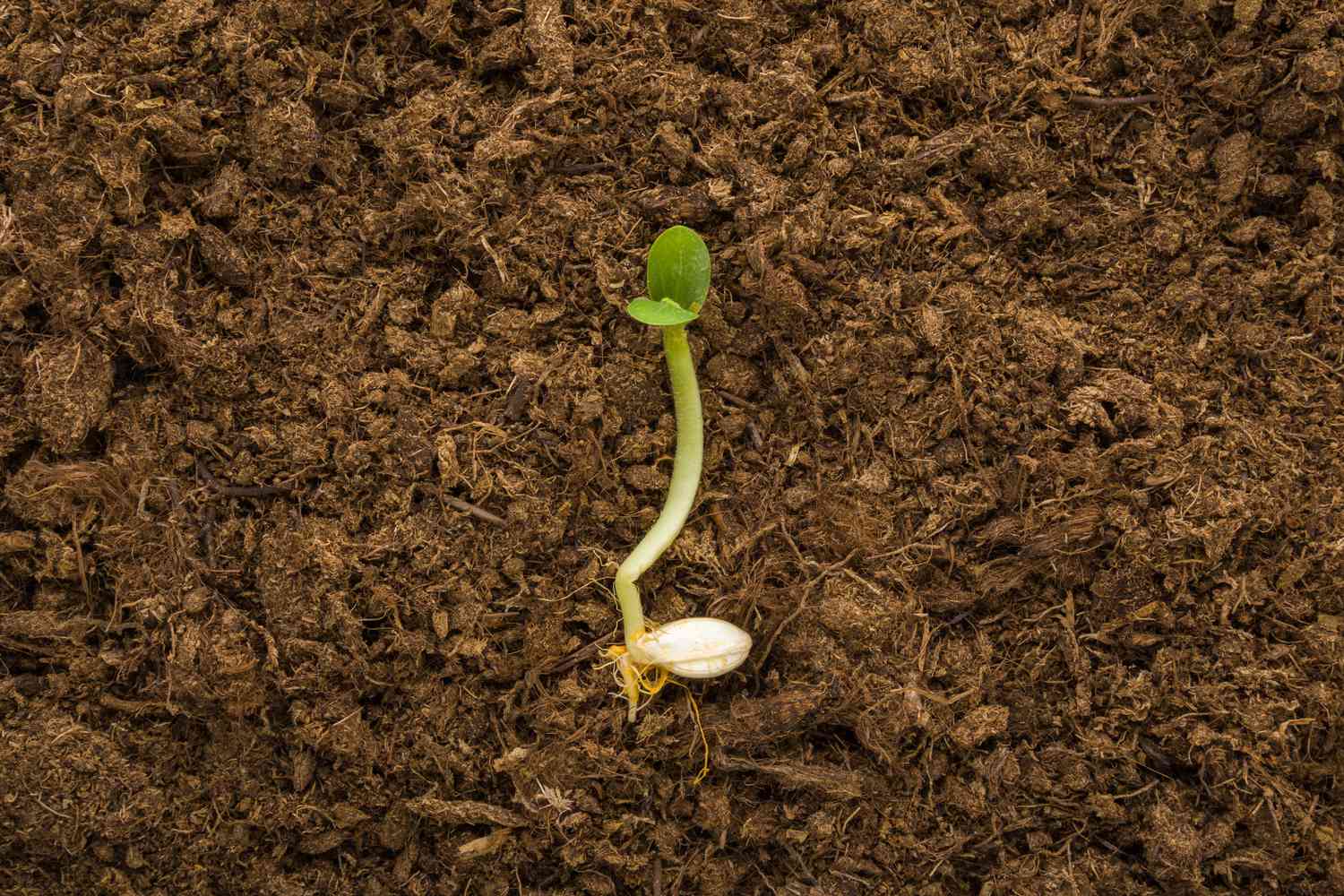
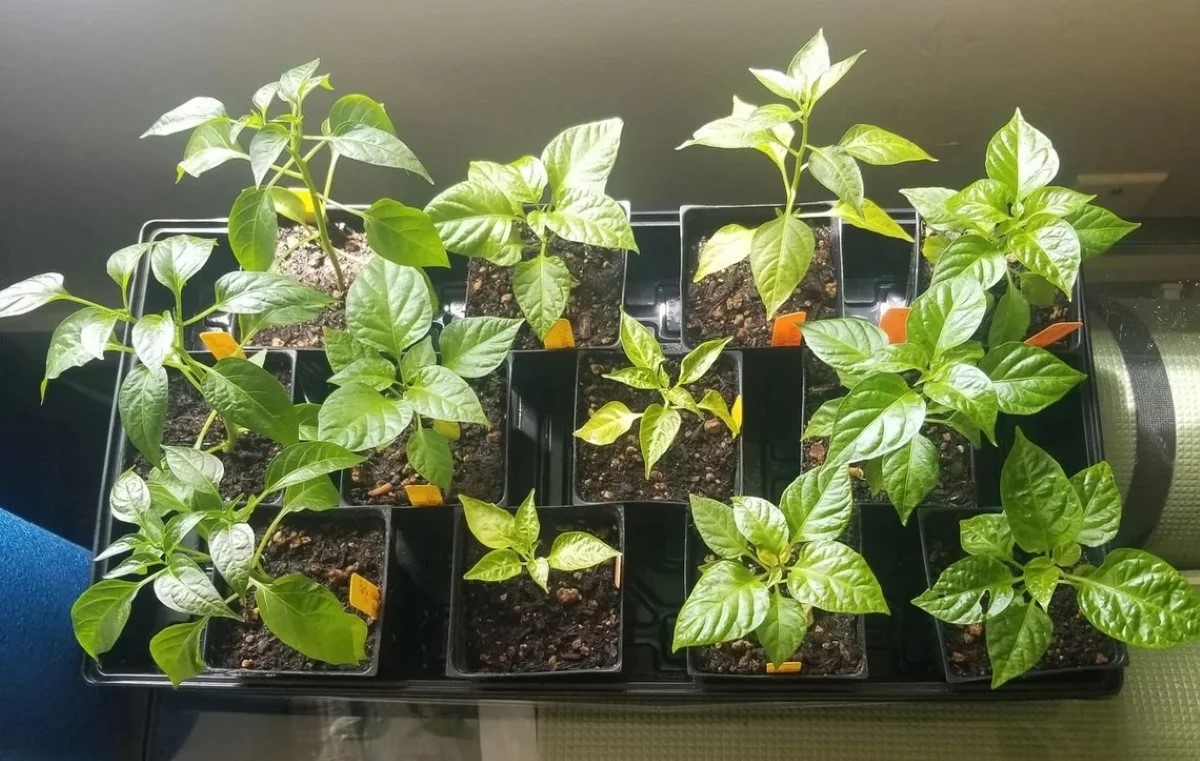
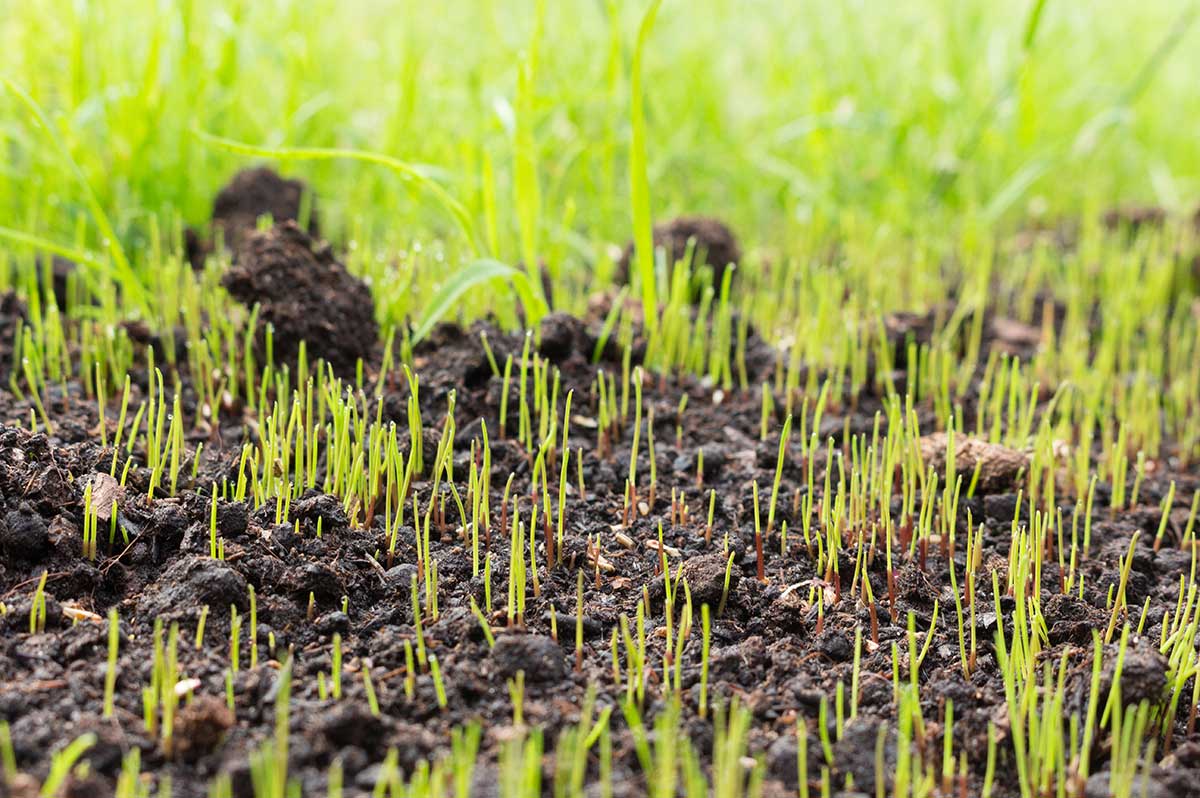
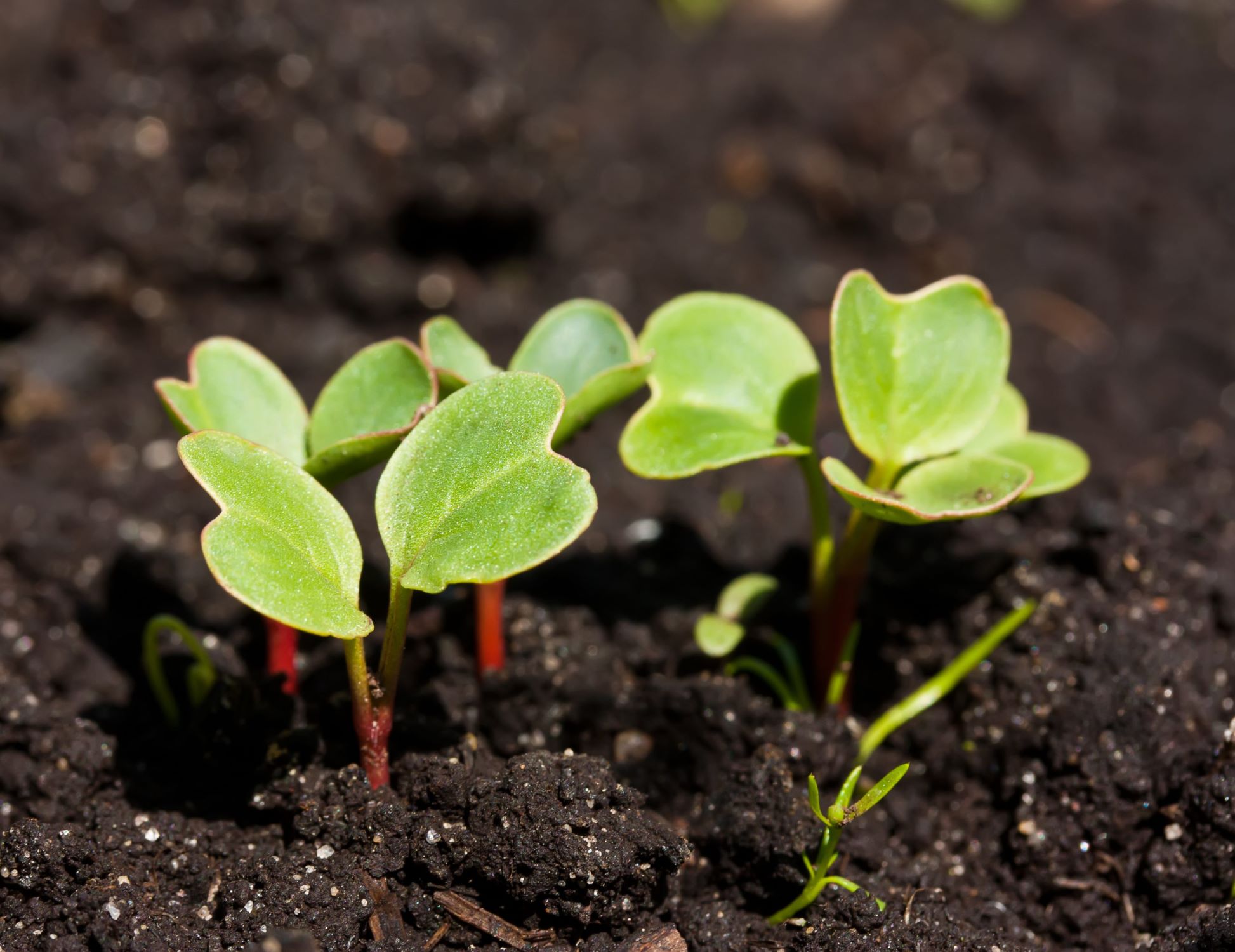
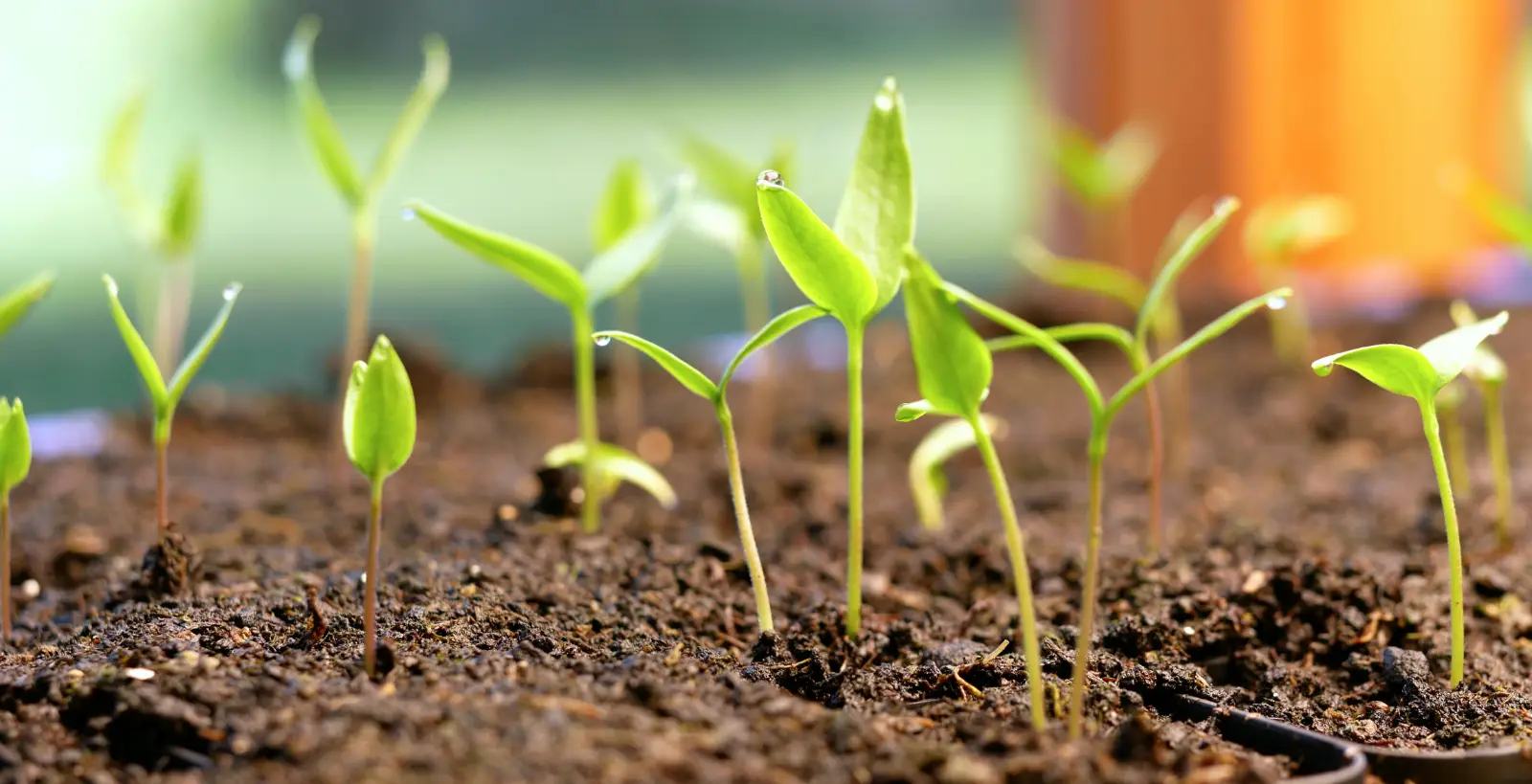
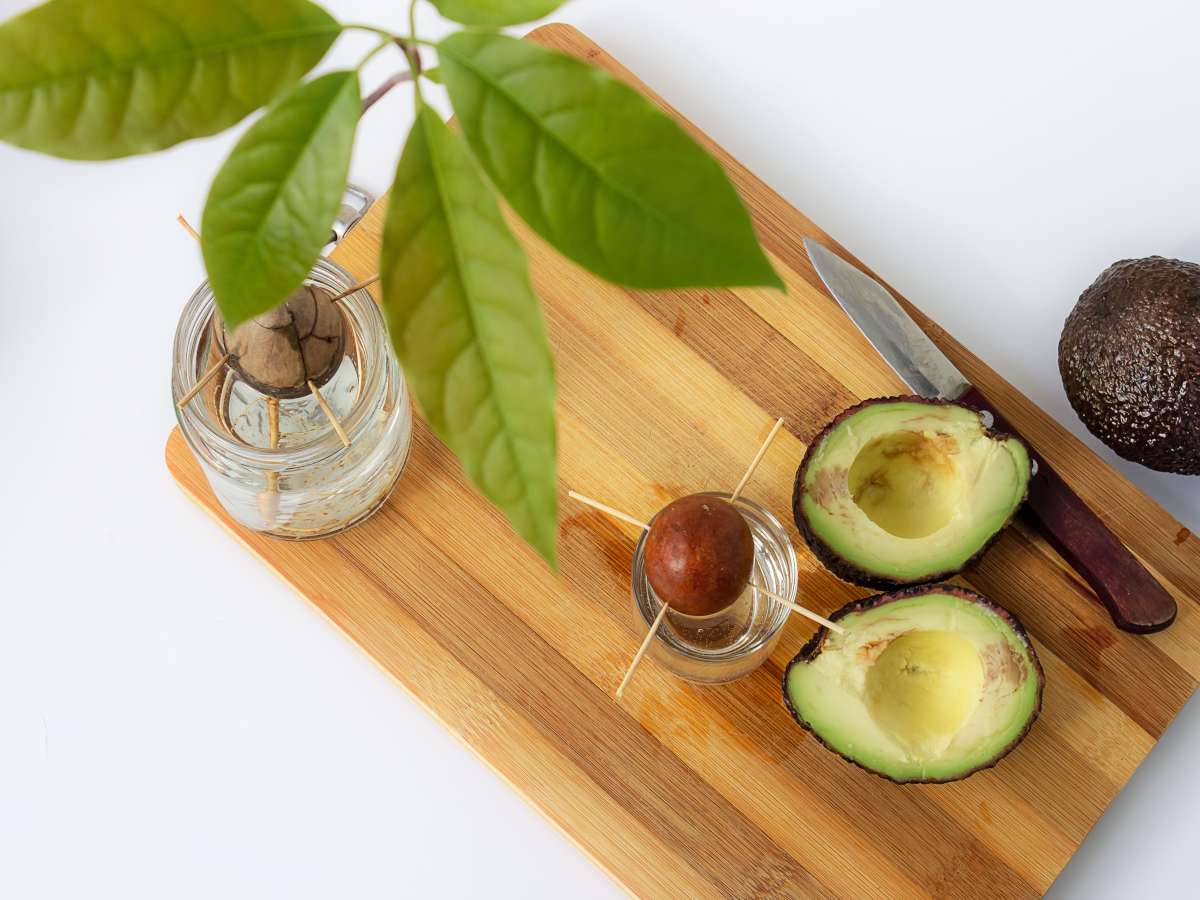
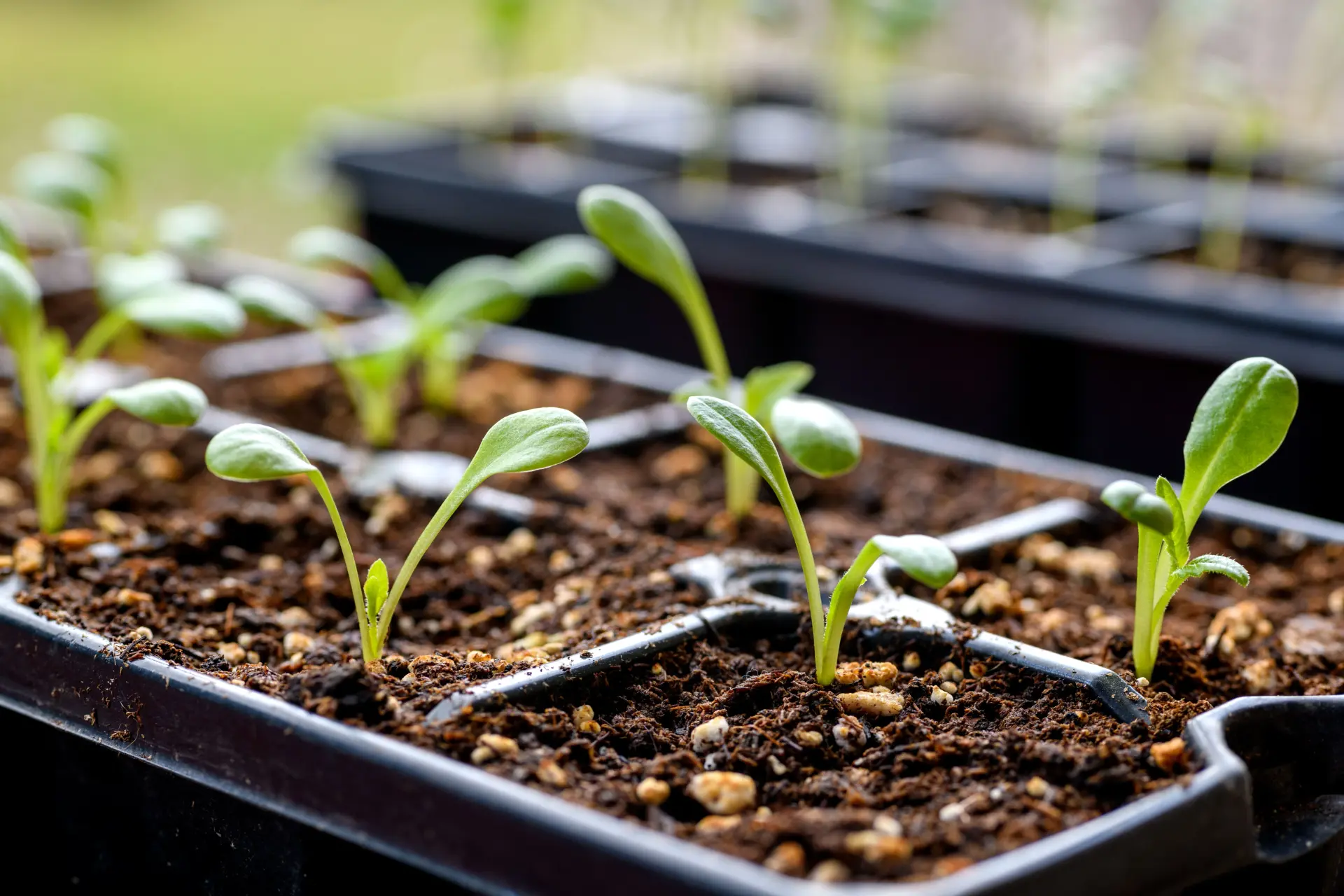
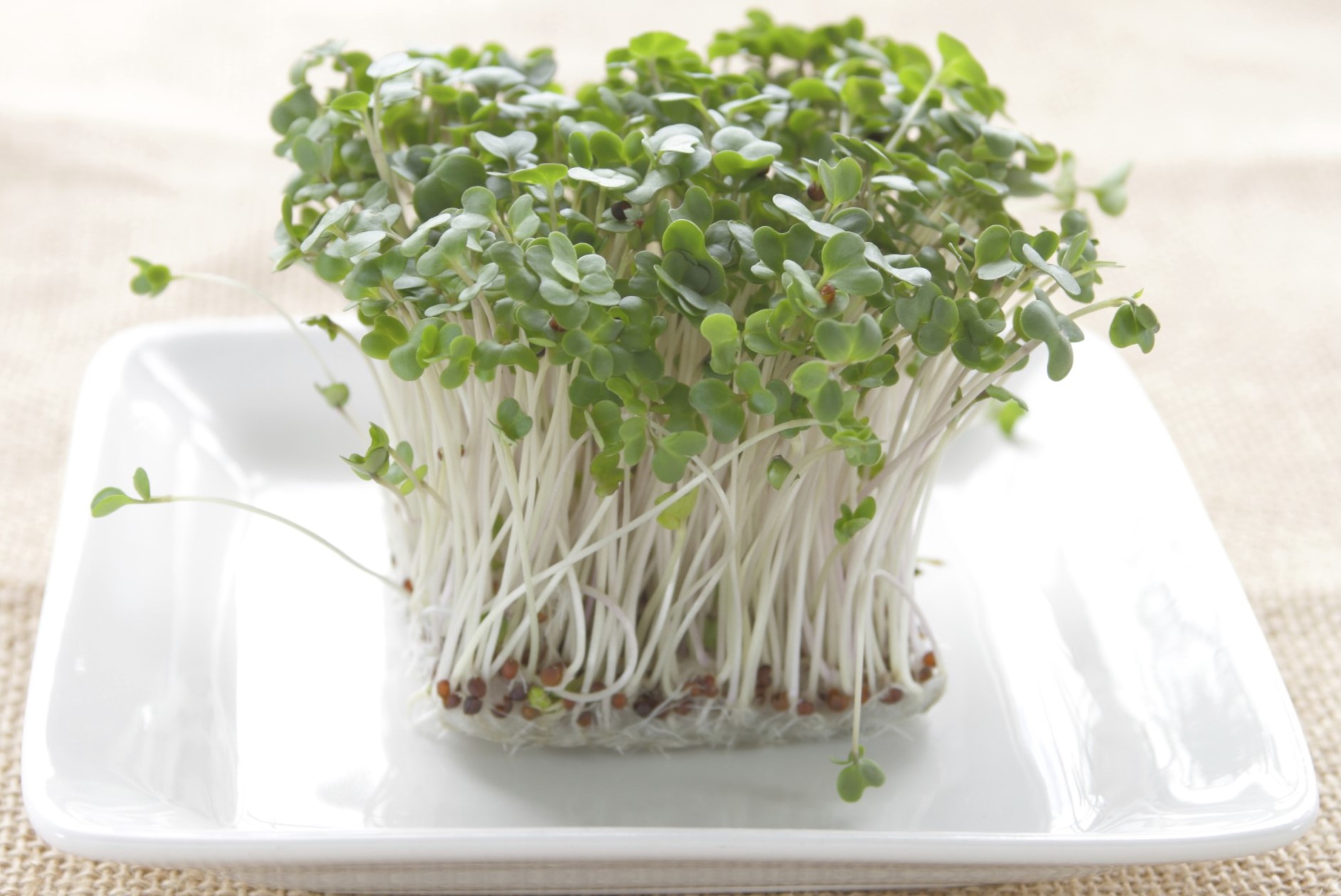
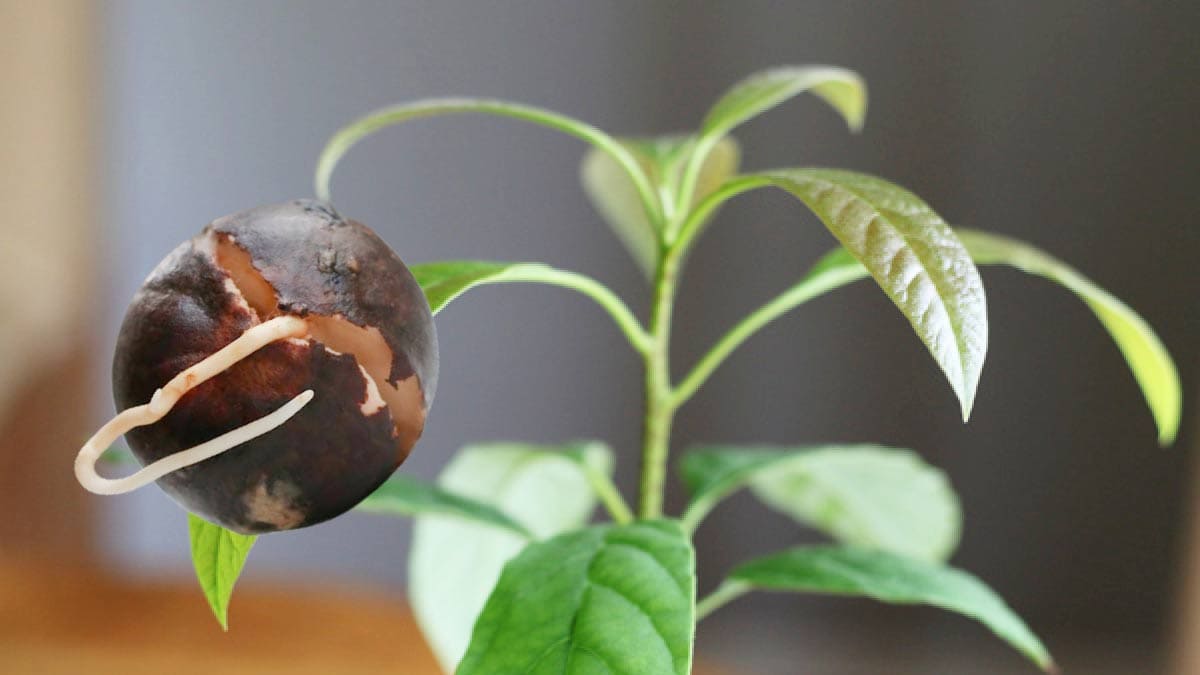
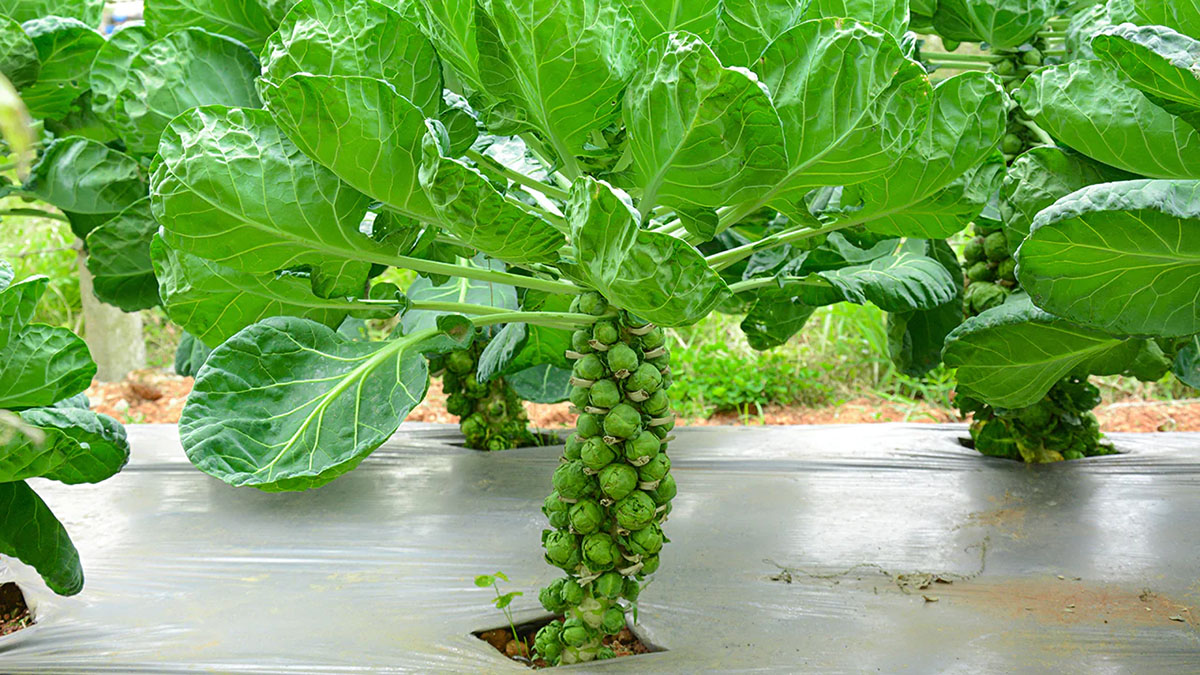
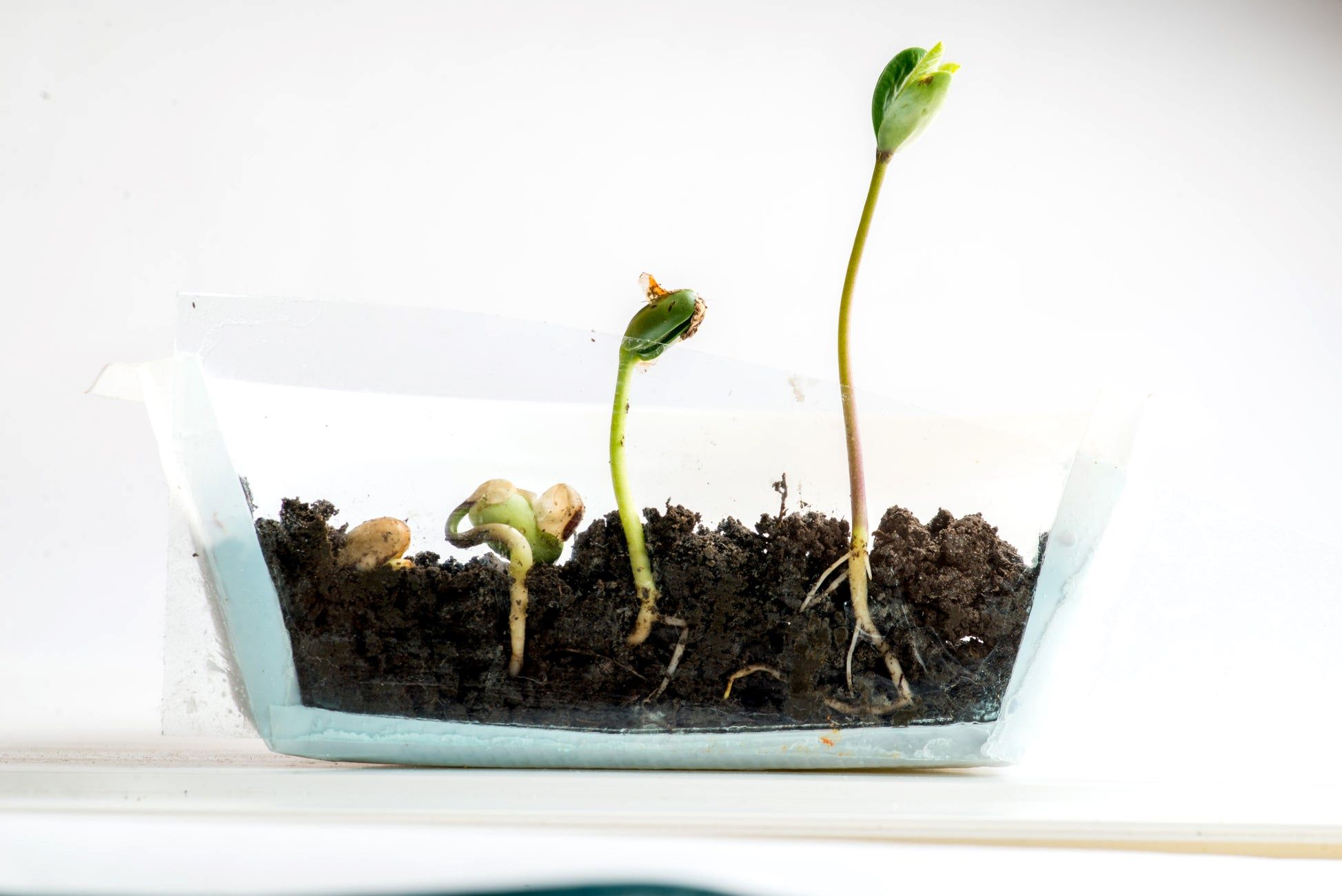
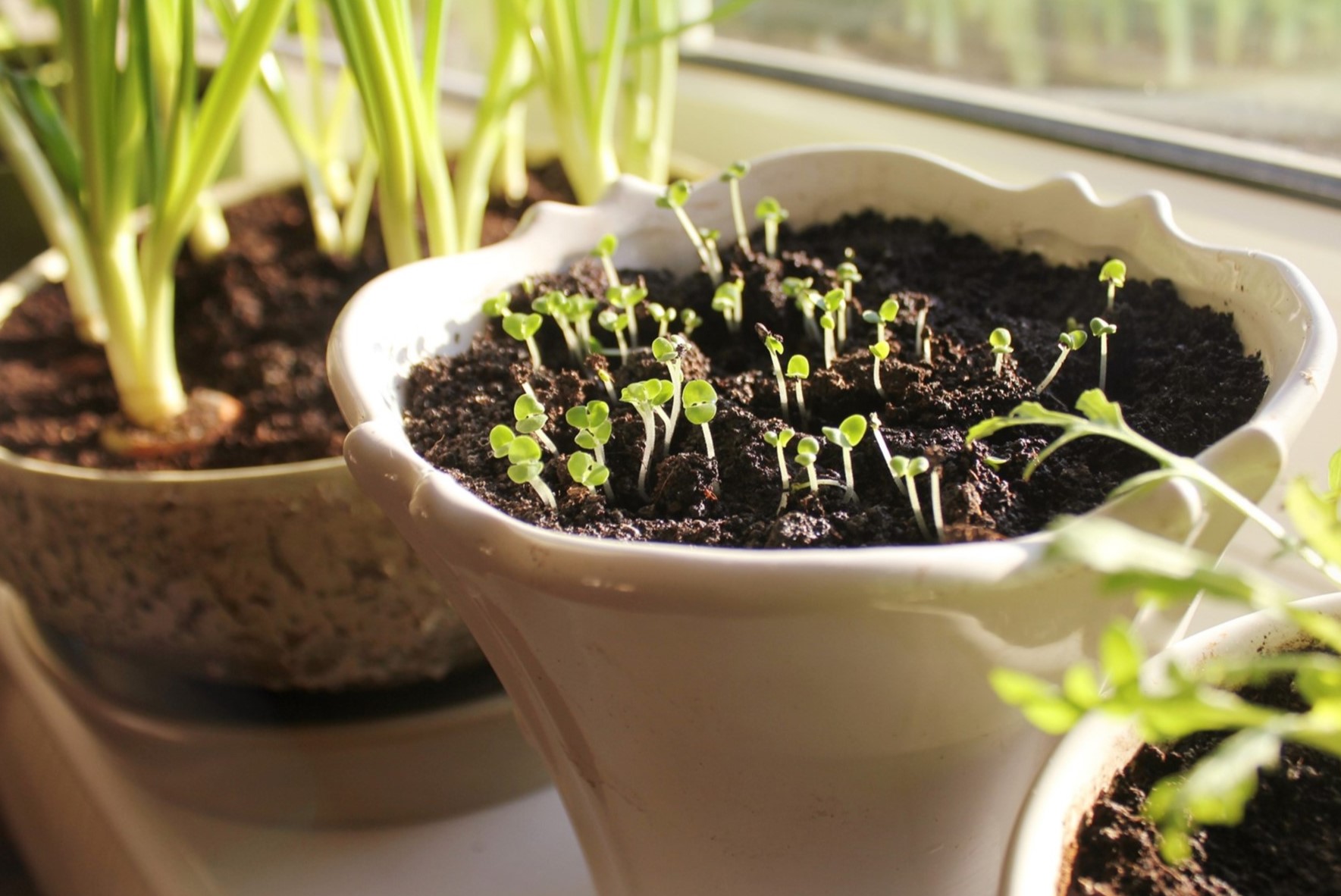

0 thoughts on “How Long Does A Seed Take To Sprout”